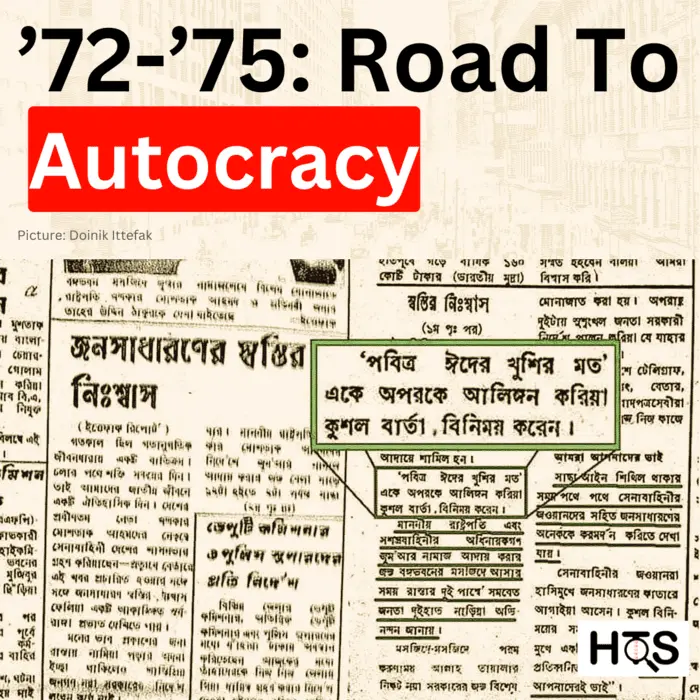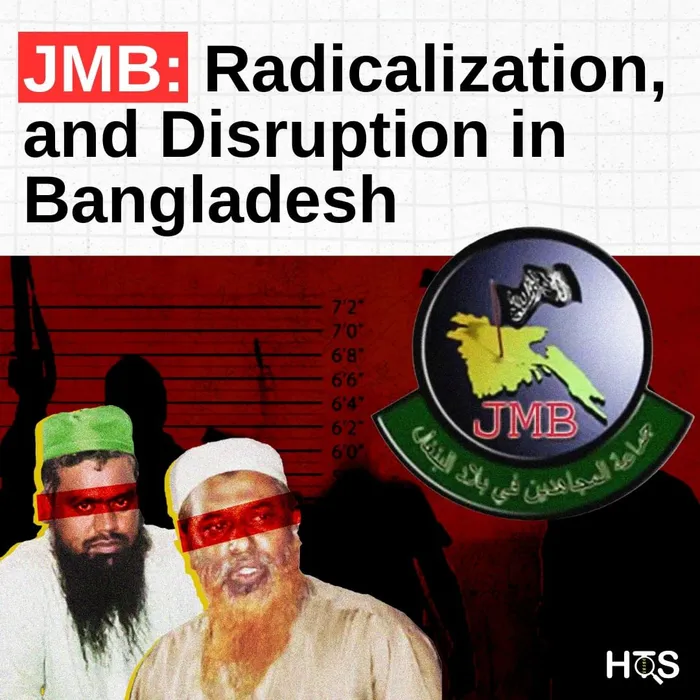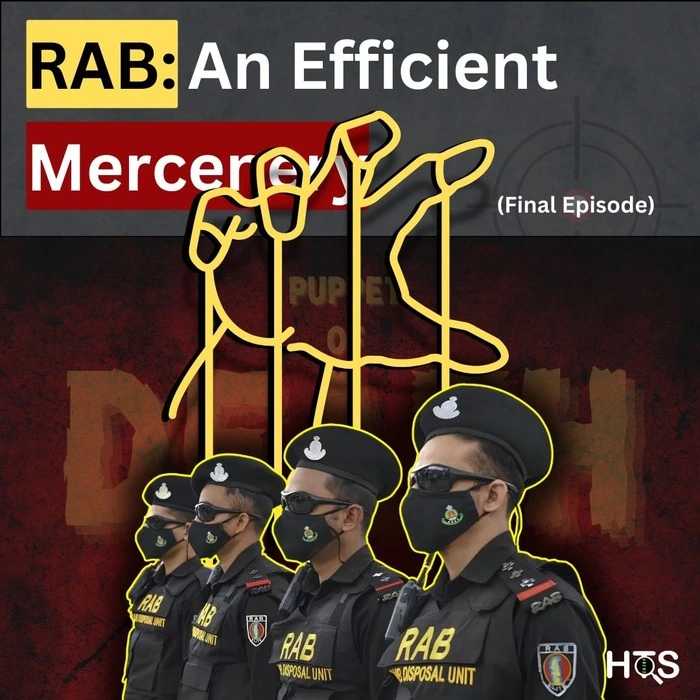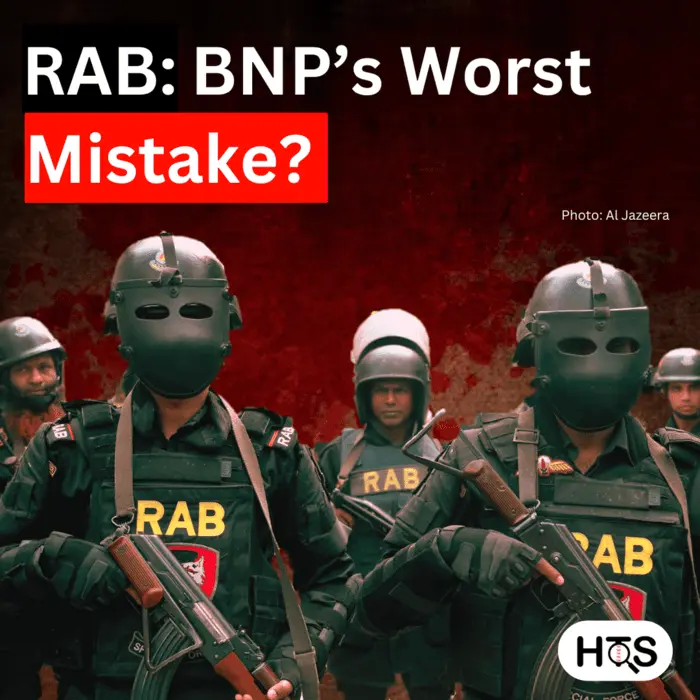1972-1975: Road to Autocracy

On 15th August of 1975, Sheikh Mujibur Rahman, the first Prime Minister of independent Bangladesh, was slain alongside his family. For many, this is a day of sadness, yet for others, it represents liberation from tyranny It is believed that on that day, the country’s sweet stores went completely empty. What happened during his reign that prompted such broad joy upon the death of the country’s most popular leader? For this, we have to look back at the period 1972-1975.
In 1972, the government introduced a controversial clause that restricted Members of Parliament from casting conscience votes or expressing their own opinions, limiting their freedom in decision-making. In the 1973 elections, Awami League faced accusations of violence, ballot stuffing, and intimidation, preventing some candidates from filing nominations. This led to the party winning 293 seats, wiping out opposition and enabling one-party rule. The 1974 Special Powers Act, passed by the Awami League-backed parliament on February 9, allowed the government to detain people indefinitely without charges. Hundreds of opposition activists were arrested under this law.
In 1973, the government enacted The Printing Presses and Publications Act, granting bureaucrats significant control over newspapers and magazines. The editor of Dainik Gonokantho was arrested for holding a different political ideology, with the newspaper’s office seized and staff abducted. After forming BaKSAL, the government further restricted press freedom, allowing only four state-controlled newspapers to operate.
The Jatiyo Rakkhi Bahini, a paramilitary force formed by the Sheikh Mujibur Rahman government in 1972, gained increased power through the 1974 Amendment Act. Article 8A allowed officers to arrest without a warrant, and Article 16A granted them immunity from legal actions. Both provisions were retroactive to February 1, 1972.
Under Sheikh Mujibur Rahman’s regime, the Jatiyo Rakkhi Bahini killed thousands of youths suspected of JASAD ties and assassinated its leaders. Amnesty International reported 2,000 political prisoners from 1973 to 1974, and in 1974, JASAD’s Central Party Office was burned down by the Rakkhi Bahini.
In early 1974, protests erupted due to hoarding, corruption, and food grain smuggling. During a JASAD rally on March 17, the Jatiyo Rakkhi Bahini opened fire, killing at least 50 people and injuring many others. Siraj Sikder, leader of the Sarbahara Party, declared war on the Mujib regime. After the government declared a State of Emergency on December 28, 1974, Sikder was captured and killed by the Jatiyo Rakkhi Bahini, falsely claiming it was during a “gunfight.”
On February 24, 1975, Sheikh Mujibur Rahman formed the Bangladesh Krishak Sramik Awami League (BaKSAL) to create a one-party state. The regime aimed to centralize control, limiting freedom and treating citizens as “sub-human.” The 1975 Newspaper Ordinance banned all but four state-controlled newspapers. Lieutenant General Ziaur Rahman and other officials joined BaKSAL.
Sheikh Mujibur Rahman faced nepotism accusations, appointing his brother-in-law as Water Resources Minister and overlooking crimes by Rakkhi Bahini caders, including the release of Mozammel Haque, linked to a brutal crime. His nepotistic administration’s corruption and mismanagement contributed to the 1974 famine, despite no actual food shortages.
In the late 1960s, East Pakistan’s people elevated Sheikh Mujibur Rahman from a mediocre politician to a messianic figure due to the West Pakistani ruling class’s arrogance and ignorance. This enabled him to become a dominant leader, but his administration soon revealed its limitations. Facing internal and external pressures, including a pro-India faction and economic mismanagement, the government’s failure culminated in the 1974 famine, which devastated Bangladesh and led to widespread suffering.
Sheikh Mujib’s regime, increasingly autocratic, declared Bangladesh a one-party state under BAKSAL in January 1975, banning all political parties and most media. The regime’s corruption and repression led to its downfall in a 1975 coup, which restored hope for democratic governance. However, Sheikh Mujib’s daughter, Sheikh Hasina, has since established a repressive regime reminiscent of North Korea, maintaining power through authoritarian means and suppressing democratic processes.
Sources
- ইতিহাসের কাঠগড়ায় আওয়ামী লীগ
- জাসদের উত্থান পতন
- Bangladesh: A Legacy of Blood
- রক্ষীবাহিনীর সত্য-মিথ্যা
- লাল সন্ত্রাস: সিরাজ সিকদার ও সর্বহারা রাজনীতি
- Gazzets Archive- Bangladesh Govt. Press
- গণপ্রজাতন্ত্রী বাংলাদেশের সংবিধান- Laws of Bangladesh



